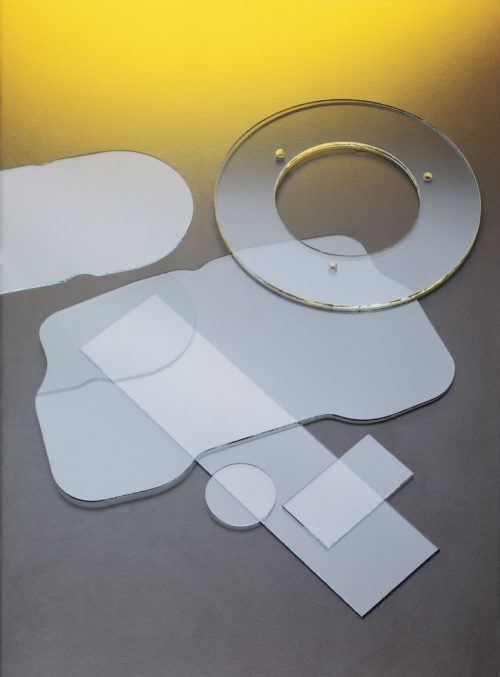
Single-Sided vs. Double-Sided Polishing
Leave a CommentIn many industrial applications, glass must be polished in specific ways to achieve the correct optical properties. Glass polishing offers an ideal solution for glass components that require a high level of precision, as polishing uses very fine abrasive particles to polish surfaces to a superior finish. The Differences Between Single-Sided vs Double-Sided Polishing There […]
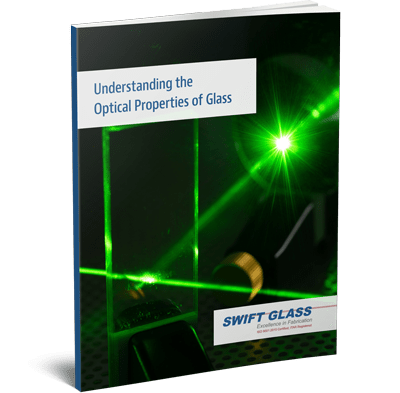
The Key Differences Between Transmission & Transmittance and How to Apply Them to your Application
Leave a CommentFrom magnifying glasses to tinted windows to one-way mirrors, people prize glass for its ability to transmit (or not transmit) light. Measuring light transmission and transmittance plays a huge role in selecting an appropriate type of glass for your needs. Transmittance measures the amount of light able to pass through a material without the material reflecting or […]
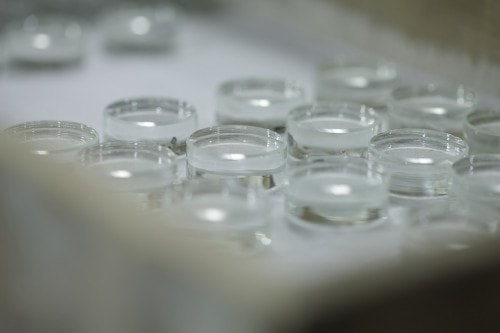
Low-Iron Glass vs. Standard Clear Glass
Leave a CommentThe differences between low-iron and traditional clear glass are pronounced enough that many people can’t believe what they’re seeing – or what they haven’t been – when they’re shown low-iron glass options. Traditional clear glass can be hazy and is often faintly tinted, even at its best. Color issues may arise on the edges of […]

Understanding the Refractive Index of Glass
Leave a CommentUnderstanding the behavior of light can be an important factor when determining which glass materials to use for your manufacturing process. When light passes through a substance, it decreases in velocity. This is manifested by an increase in the substance’s refractive index. Much can be learned about the optical properties of a glass material by […]
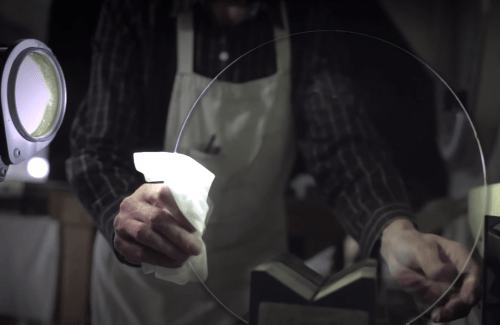
Four Key Applications for Glass Wafers
Leave a CommentGlass wafers are circular pieces of precision glass used in numerous technical and industrial applications. Swift Glass’s wafer fabrication process utilizes proprietary technologies to deliver the finely-made components required by our customers in a range of demanding industries. High-quality glass material is selected, then the wafer is carefully shaped via cutting and grinding processes, then […]
Tags: glass manufacturing

Molded Glass vs. Flat Glass: What’s the Difference?
Leave a CommentGlass is one of the world’s most complex, high-performance materials: specialty glass can be engineered to suit miniature, hyper-precise optics just as readily as it can be manufactured for bullet and fire-proof windows and walls. Glass can withstand explosions, extreme environments, and some of the world’s most aggressive and corrosive chemical materials. Glass formulations can […]
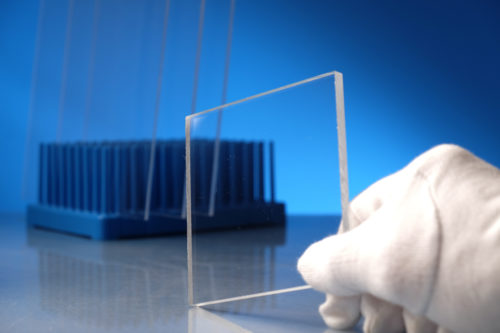
Alternative Materials to the Discontinued Corning® Vycor® Glass
Leave a CommentMaterial Options to Substitute for Corning® Vycor® Glass Invented by Corning in 1939, Corning® Vycor® Glass has been used in a wide range of applications over the years, from laboratory equipment to early spacecraft viewing ports. A blend of 96% silica and 4% boron trioxide, Corning® Vycor® Glass is a high-temperature glass valued for its […]
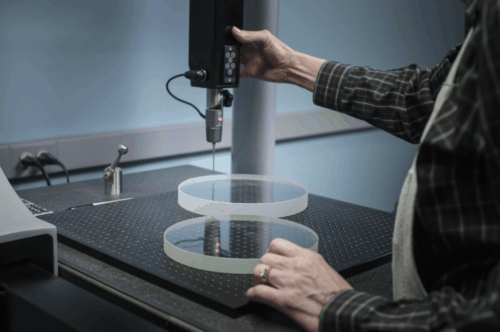
Understanding Optical Glass Surface Specifications
Leave a CommentTo ensure the manufacture of consistently high-quality, high-performance glass components and products, it’s critical to utilize optical specifications. These are useful in two ways: First, they establish an acceptable standard by which a glass surface must perform; second, they can help determine the amount of time, money, and labor that should be spent on the […]
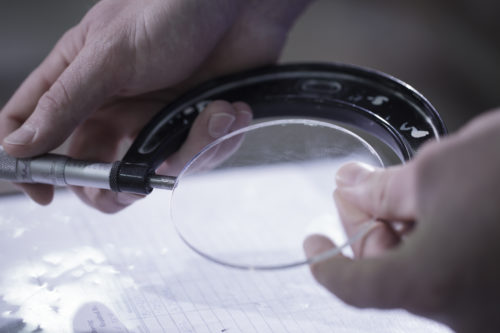
Material of the Month: Borosilicate
Leave a CommentIn the late 19th century, a German glassmaker by the name of Otto Schott developed what was then a revolutionary new type of glass: It included boric oxide, differentiating the product from the soda-lime-based glass products on the market. This unique material became known as borosilicate glass or, simply, boro glass. Borosilicate can be used […]
Tags: benefits, boric oxide, boro glass, features
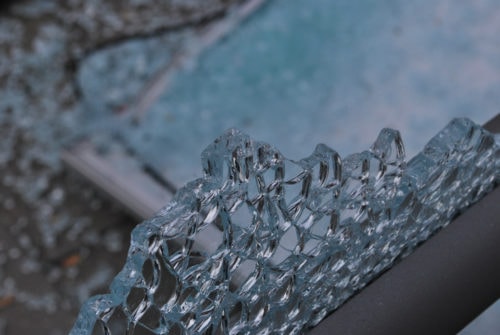
FAQ — Thermal Glass Tempering
Leave a CommentTempered glass is one of the most popular choices for applications in which traditional, or annealed, glass may pose a safety hazard. For nearly 100 years, Swift Glass has been providing quality custom glass fabrication services for a wide range of industries. To provide insight on the thermal glass tempering process and its various benefits, […]



